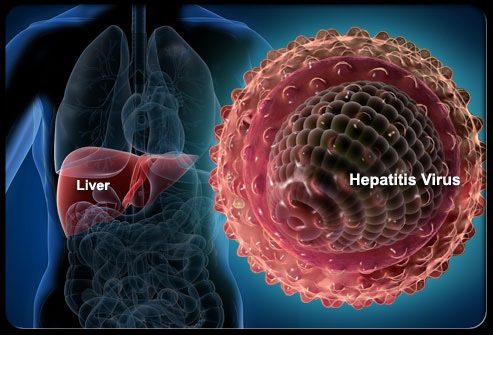It has been dubbed the silent epidemic by medical professionals because of its ability to slowly kill individuals for up to 20 years without any symptoms.
In 2014, it reportedly claimed the lives of 23 million people in Nigeria.
Yes, you read that right. 23 million Nigerians.
Even with this astounding statistic, few measures are being put in place by private and public officials to promote public awareness of Hepatitis B diseaase. More people are dreading the thought of contracting HIV/AIDS, and with good reason of course. But the World Health Organisation states that Hepatitis B is 50 to 100 times more infectious than HIV.
There are different forms of Viral Hepatitis including Hepatitis A, B, C, D and E; but Hepatitis B has proven to be the most chronic and prevalent. Caused by the Hepatitis B Virus, the ailment is transmitted through direct contact with bodily fluids including blood, saliva and semen. As a result, it stands out as a serious occupational hazard for health workers – particularly surgeons – casual sex workers, and their clients. Even children are at risk of infection, with transmission taking place between infected mother and child at birth, or infected classmate/sibling/friend and child through contact with bodily fluids from sores or injuries.
The Hepatitis B vaccine is the most effective means of prevention, with a tested 95% prevention rate. When it comes to treatment, the disease remains incurable but its progress can be slowed down with oral treatments like Tenofovir or Entecavir as recommended by the World Health Organization. These drugs in particular are considered to be the most potent drugs in the suppression of the HBV.
When physically visible, symptoms of Hepatitis B including the yellowing of skin and eyes (jaundice), dark urine, extreme fatigue and vomiting during the acute infection phase. Lest we forget the chronic liver infections, and cirrhosis, a disease which involves the liver malfunctioning due to long-term damage.
For more information about Hepatitis B, speak to your local General Practitioner (GP).
Sources: World Health Organisation and ThisDay

